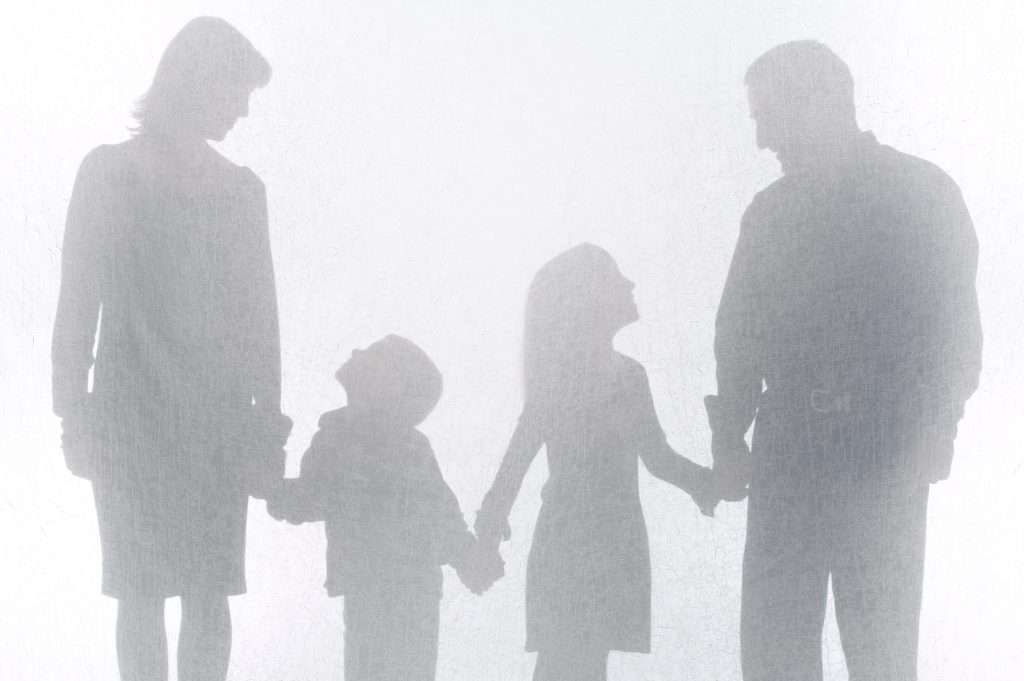
Abuse manifests in various forms
Domestic Abuse
Understanding Abuse
Abuse manifests in various forms, including physical, emotional, sexual, and financial harm, each with its unique and often overlapping characteristics. It affects individuals regardless of age, gender, or socioeconomic status, making it a pervasive issue across all demographics. The consequences of abuse are profound and far-reaching, frequently leading to long-lasting physical injuries, psychological disorders, and emotional distress. Victims may endure chronic pain, anxiety, depression, and post-traumatic stress disorder (PTSD), significantly impairing their quality of life and overall well-being. Additionally, the ripple effects of abuse can disrupt relationships, erode self-esteem, and hinder personal and professional growth, underscoring the urgent need for comprehensive support and intervention.
Overcoming the Trauma of Abuse
Different Types of Abuse
Abusive situations often involve a combination of different types of abuse occurring simultaneously. Understanding these forms can help in identifying and addressing them effectively.
Physical Abuse
Physical abuse involves the use of force that can cause bodily harm or injury. This includes behaviors such as hitting, slapping, punching, kicking, and using weapons or objects to inflict harm. Victims may suffer visible injuries or internal damage, leading to long-term health issues. The effects of physical abuse can be both immediate and cumulative, resulting in chronic pain, disability, and a compromised immune system. Additionally, the fear and anxiety associated with the threat of physical violence can have severe psychological impacts.
Emotional Abuse
Emotional abuse encompasses the use of verbal or nonverbal actions to control, manipulate, or intimidate another person. Examples include belittling, name-calling, making threats, and other forms of psychological manipulation. This type of abuse can erode a person’s self-esteem and sense of worth, leading to anxiety, depression, and other mental health challenges. Victims often internalize the negative messages they receive, which can result in a lasting sense of unworthiness and helplessness. Emotional abuse can be insidious, gradually isolating the victim from friends and family, and making them increasingly dependent on the abuser.
Sexual Abuse
Sexual abuse involves any non-consensual sexual contact or activity, including rape, molestation, and sexual assault. It affects individuals of all genders and ages, often leaving deep emotional and psychological scars. The trauma from sexual abuse can lead to severe psychological effects, including post-traumatic stress disorder (PTSD), anxiety, depression, and issues with intimacy and trust. Victims may experience flashbacks, nightmares, and a heightened sense of vulnerability. Recovery from sexual abuse requires sensitive and comprehensive support, including counseling, medical care, and a supportive environment to heal. Survivors often face significant challenges in reporting the abuse due to fear of stigma, disbelief, or retaliation.
Financial Abuse
Financial abuse involves using money or financial resources to control or manipulate another person. This can include withholding money, stealing, coercing someone into giving away their assets, or restricting their access to financial resources. It often leaves victims financially dependent and vulnerable, limiting their ability to escape abusive situations. Financial abuse can also manifest through sabotaging a partner’s employment or education, destroying credit, or accruing debt in the victim’s name. This form of abuse not only undermines the victim’s financial stability but also erodes their confidence and autonomy, making it exceedingly difficult to leave the abusive relationship and rebuild their life.
Getting Help
If you or someone you know is experiencing abuse, seeking help is crucial. Numerous resources are available to provide support, guidance, and intervention.
Helpful Abuse Support Contacts
United Kingdom
National Domestic Abuse Helpline
- Phone: 0808 2000 247
- Website: National Domestic Abuse Helpline
Childline
- Phone: 0800 1111
- Website: Childline
Rape Crisis England & Wales
- Phone: 0808 802 9999
- Website: Rape Crisis England & Wales
Men’s Advice Line
- Phone: 0808 801 0327
- Website: Men’s Advice Line
United States
National Domestic Violence Hotline
- Phone: 1-800-799-7233 (SAFE)
- Website: National Domestic Violence Hotline
Childhelp National Child Abuse Hotline
- Phone: 1-800-422-4453 (1-800-4-A-CHILD)
- Website: Childhelp
RAINN (Rape, Abuse & Incest National Network)
- Phone: 1-800-656-4673 (HOPE)
- Website: RAINN
Loveisrespect
- Phone: 1-866-331-9474
- Website: Loveisrespect
Canada
ShelterSafe
- Website: ShelterSafe
Kids Help Phone
- Phone: 1-800-668-6868
- Website: Kids Help Phone
Ending Violence Association of Canada
- Website: Ending Violence
Canadian Centre for Child Protection
- Phone: 1-800-532-9135
- Website: Protect Children
Australia
1800RESPECT (National Sexual Assault, Domestic Family Violence Counselling Service)
- Phone: 1800 737 732
- Website: 1800RESPECT
Lifeline Australia
- Phone: 13 11 14
- Website: Lifeline Australia
Kids Helpline
- Phone: 1800 55 1800
- Website: Kids Helpline
Men’s Line Australia
- Phone: 1300 78 99 78
- Website: Men’s Line Australia
These resources provide essential support, including crisis intervention, counseling, and referrals to local services, helping victims of abuse to find the help they need.